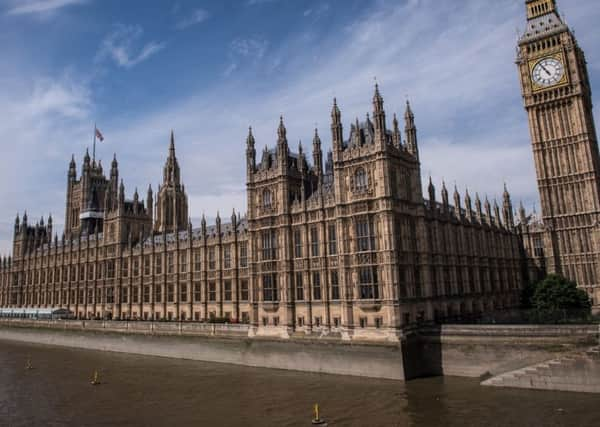YP Letters: Radical change needed to make Lords work for their money


THE revelation that many of those in the House of Lords are claiming vast amounts in expenses for doing absolutely nothing is of no surprise at all (Tom Richmond, The Yorkshire Post, January 23). How much longer must the public put up with this farce?
There are more Lords now than there are MPs, and although there is a definite need for a further checks on any government policies, there surely also has to be a limit on the numbers of Lords that are sitting.
Advertisement
Hide AdAdvertisement
Hide AdTo my mind the situation is becoming laughable. Admittedly there is a great wealth of knowledge and experience contained therein, however do we really need 800 members, many of whom are well past their sell-by date and only really attend so as to claim the £300 attendance fee or more?
Arguably a few do work very hard on our behalf, but it’s blatantly obvious from the statistics that many hundreds are there purely to participate in archaic ‘old boy network’ that we all know exists in Westminster.
It’s high time that radical change was implemented to stop this waste of taxpayer’s money and slim down the number of peers to a sensible and workable number.
Not that I’m a fan of privatisation, but perhaps if the House of Lords was to be privatised, it would no doubt inspire a major culling to achieve efficiency savings, and perhaps bring the total down to a sensible 100 or so!
From: Mr SB Oliver, Churchill Grove, Heckmondwike.
Advertisement
Hide AdAdvertisement
Hide AdONCE again Don Burslam tells us that a second referendum would be “prudent when the time comes” and that the young ones “voted overwhelmingly to stay in” (The Yorkshire Post, September 20).
Mr Burslam must have either a convenient selective, or innocent, memory-loss because he wrote the same thing on April 3 this year, to which I replied on April 8 quoting the voting figures of the 18-24 age-group in the referendum.
More than half (57 per cent) of that age-group chose not to vote, with 32 per cent voting Remain and 11 per cent voting Leave – not overwhelming in my book. By contrast, with the older voters, 75 per cent of them went to vote, with 70 per cent voting Leave and the rest for Remain. That is partly the reason why the Leave vote won the referendum.
I would suggest that Mr Burslam’s young ones voted “to stay at home” rather than “to stay in”.